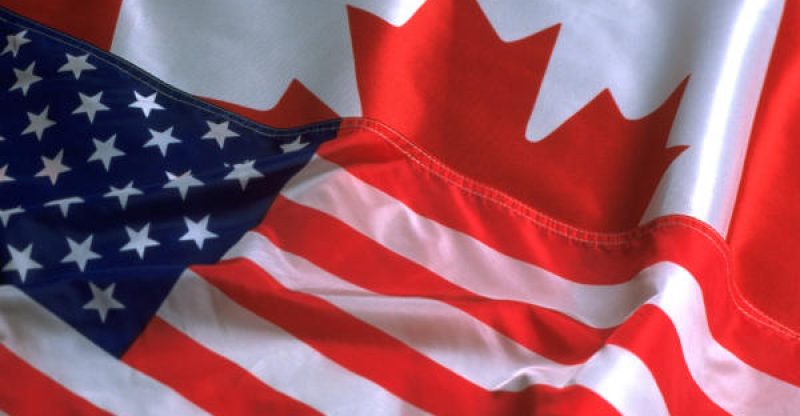Canada and the U.S. to Finally Agree on Lumber Disputes
A worker tidies up the wood pile at a lumber yard Tuesday, April 25, 2017 in Montreal. Canada’s softwood lumber industry faces average duties of about 27 per cent after the U.S Department of Commerce slapped it with an additional 6.87 per cent in preliminary average anti-dumping tariffs. The two governments may be close to finally wrapping the final agreement.
Chrystia Freeland, Canadian global affairs minister, and Wilbur Ross, the U.S. commerce secretary, have been in good communication lately but admitted to remaining serious hurdles to a deal- not the least of which is the approval of their respective lumber industries – there is an appetite to resolve the issue ahead of North American Free Trade Agreement negotiations later this year.
Canadian Prime Minister Justin Trudeau stated this Tuesday in a conference news that the two sides are “working towards a deal.”
But about two weeks ago, Freeland said the sides were still “far apart”. On Monday, the U.S. Department of Commerce added to Canadian lumber prices a new anti-dumping duty averaging nearly 7 per cent, a response to alleged softwood sales below-market prices. That followed the imposition in April of tariffs averaging around 20 per cent, countervailing duties for what the U.S. deemed unfair subsidiaries.
The U.S. has huge demands for softwood used in home, flooring, siding and framing exceeds domestic supply. But the U.S. lumber lobby is intent on reducing Canada’s market share in order to drive up prices. The combined tariffs have already impacted jobs in Canada and the federal government has responded with an $867-million financial aid package.
Gary Hufbauer, a trade expert at the Peterson Institute for International Economics, told Reuters the administration is probably willing to compromise some industry-specific concerns to help reach its larger NAFTA goal of reducing trade deficits.
“It should be the USTR but I think Ross is much closer to the president on a personal and business level,” said Lawrence Herman, a trade lawyer at Herman and Associates.





